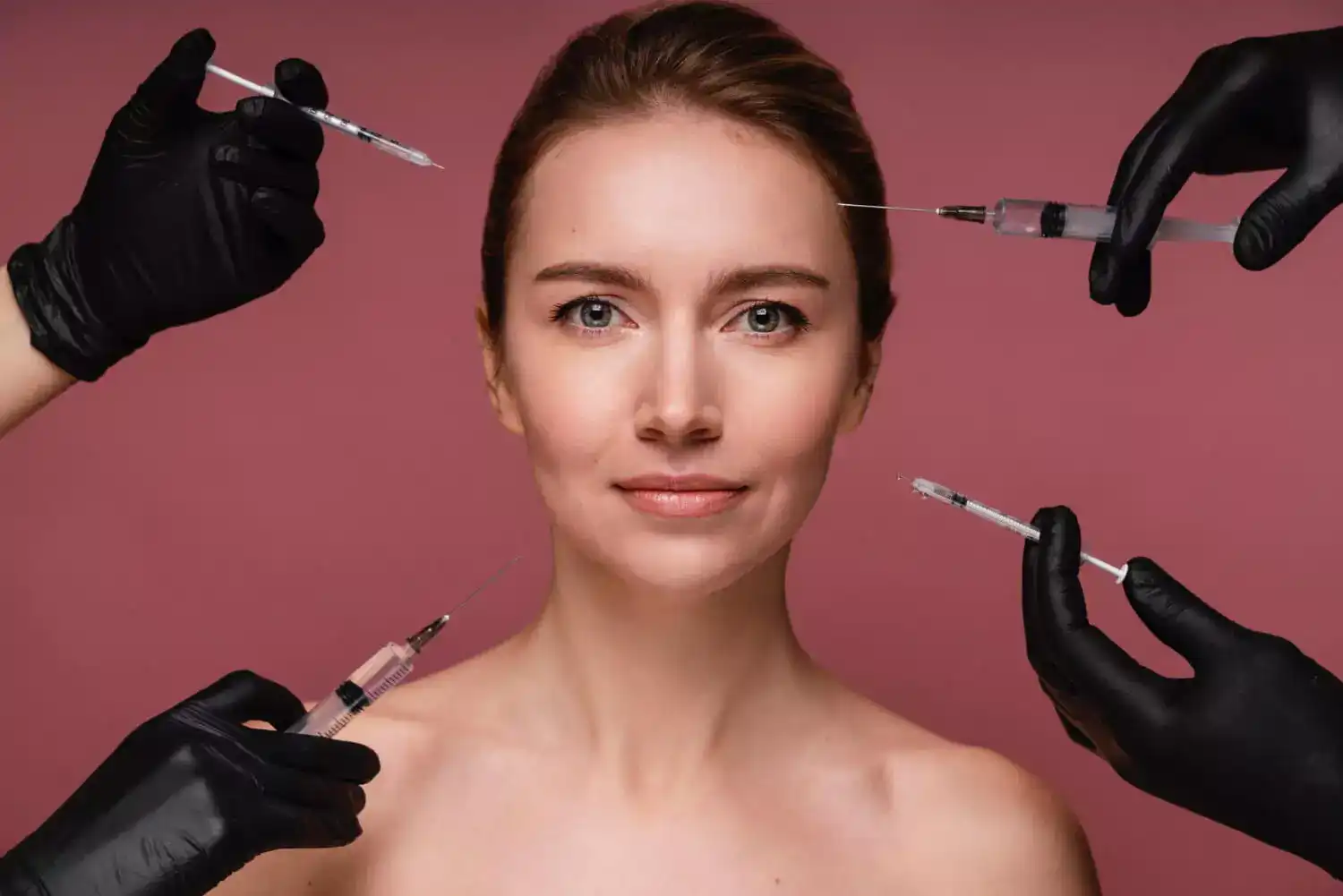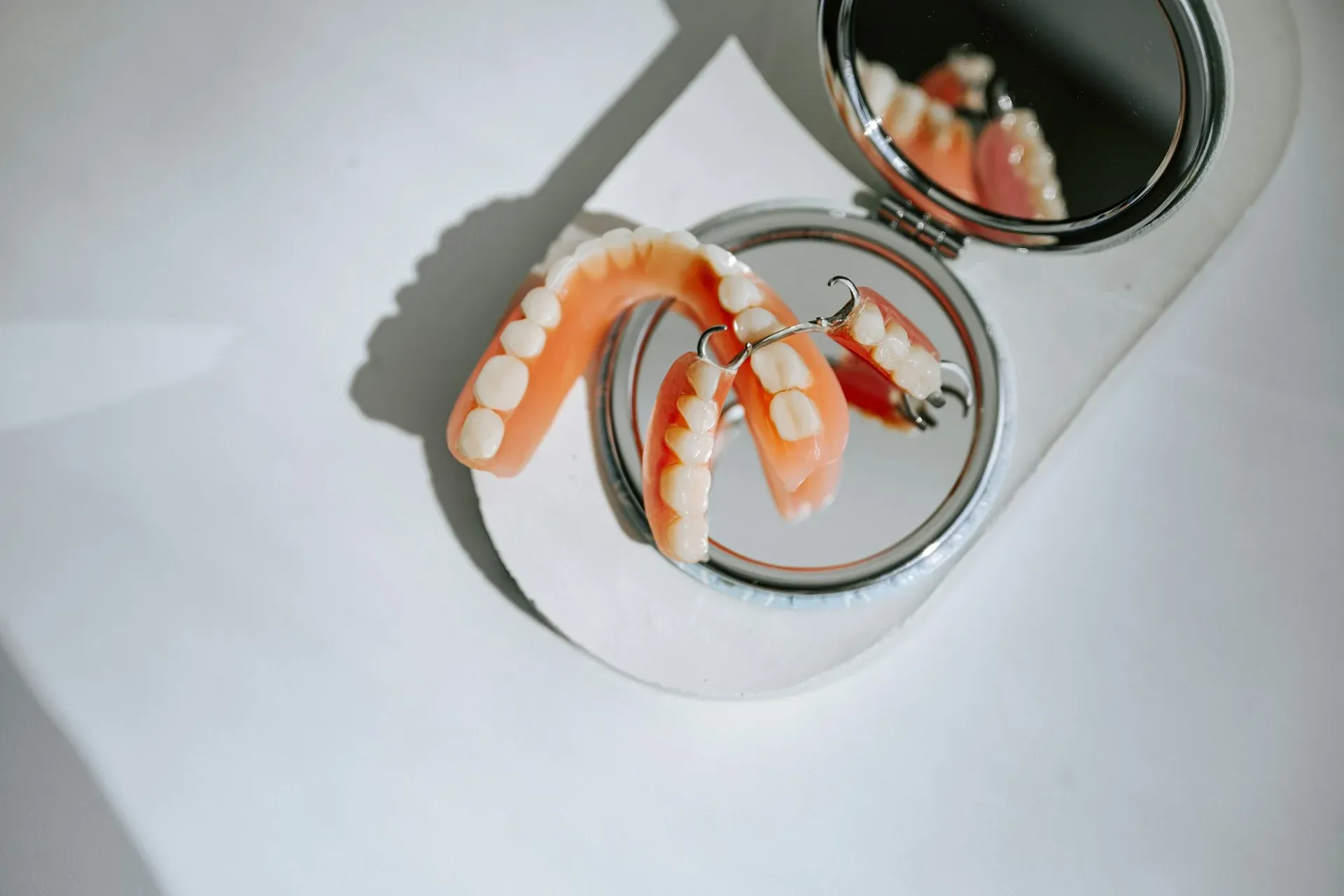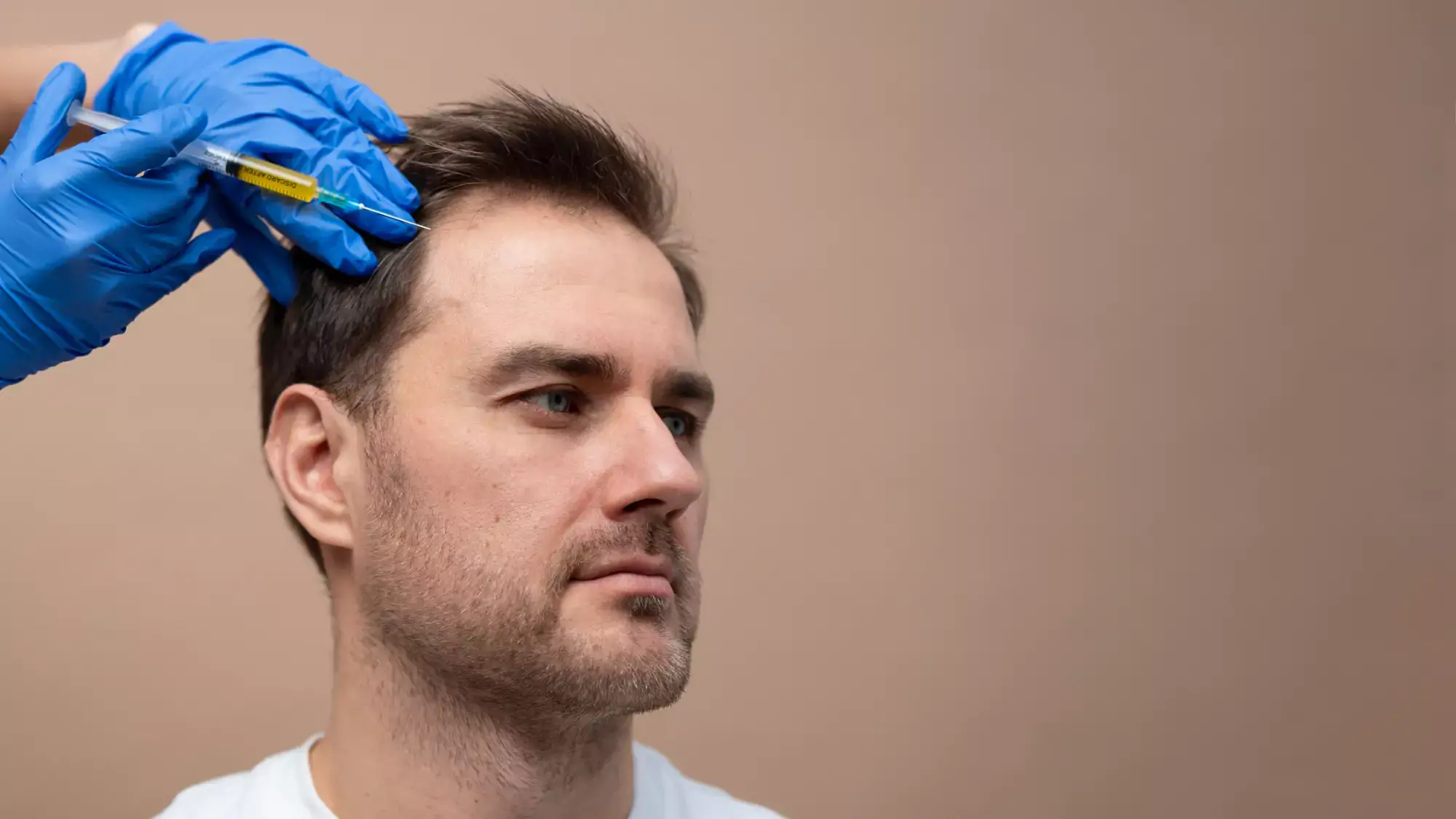How Long Does Botox Last? Understanding What to Expect and How to Make It Last Longer

When you decide to get Botox, you’re likely picturing smooth skin, a little extra radiance, and, of course, fewer wrinkles. But there’s always that one question looming in the back of our minds: How long does Botox actually last?
If you’re investing in a beauty boost, you want to make sure it lasts! Let’s break down what to expect, the factors that influence Botox's longevity, and some tips to help make your results last as long as possible.
What is Botox and how does it work?
Botox is an injection derived from botulinum toxin that works by relaxing targeted facial muscles. When injected, it blocks nerve signals, temporarily easing muscle activity. This not only smooths out existing wrinkles but can also help prevent new lines from forming.
Botox is commonly used for:
-
Smoothing out frown lines (between the eyebrows)
-
Reducing crow's feet (lines around the eyes)
-
Slimming the jawline (masseter muscles)
-
Minimizing forehead lines
How long does Botox really last?
On average, Botox results last 3 to 6 months. However, individual results vary based on factors such as your body’s metabolism, lifestyle habits, and treatment area.
Here’s a rough breakdown of how long Botox usually lasts in different areas:
-
Forehead lines: Around 3 to 4 months
-
Jawline slimming (masseter reduction): 4 to 6 months
-
Crow’s feet (around the eyes): Usually about 3 to 4 months
-
Frown lines (between the brows): 3 to 5 months, sometimes even 6 months
While these are general estimates, everyone’s body is different, so your results may vary. For people trying Botox for the first time, results may last closer to 3 months. With repeated treatments, some people notice the effects last a bit longer each time, sometimes up to 6 months or more.
Factors that can influence Botox longevity
Botox doesn’t work the same way for everyone. Here are some factors that can impact how long your Botox lasts:
Metabolism
Some people have naturally fast metabolisms, meaning their bodies break down Botox more quickly. If you have a faster metabolism, your Botox may wear off sooner.
Muscle strength and activity
People with stronger, more active facial muscles (like those who are very expressive or frequently work out) might find that Botox wears off sooner as their muscles contract more often.
Lifestyle choices
-
Exercise: While exercise is great for overall health, high-intensity workouts increase your metabolism and can make Botox wear off faster.
-
Sun exposure: UV rays can break down Botox more quickly, so protecting your skin can help preserve results.
-
Smoking and alcohol: Both smoking and excessive alcohol consumption can accelerate skin aging, reducing Botox’s longevity.
Age and skin type
Botox may last longer in younger patients with fewer wrinkles, while older individuals with deeper lines may notice it wearing off more quickly.
Area of treatment
Areas with smaller muscles, like the forehead, usually see results fade faster than larger muscles, like those along the jawline.
Technique and dosage
The expertise of your Botox provider can make a big difference! An expert injector will know how much Botox to use and where to place it for the most effective, natural, and long-lasting results.
Tips for maximizing your Botox results
If you want your Botox to last as long as possible, try these tips:
Protect your skin from sun damage
UV rays are a top cause of skin aging and can also speed up Botox breakdown. Use a sunscreen (SPF 30 or higher) for protection. Plus, wear hats and avoid direct sunlight during peak hours.
Maintain a gentle skincare routine
Opt for gentle skincare products, as abrasive treatments can affect your skin's texture. Products with hyaluronic acid, antioxidants, and retinol (as recommended by your provider) can support skin health and complement Botox.
Avoid high-intensity workouts right after treatment
Exercise can be beneficial, but strenuous activity immediately after your Botox session can cause it to break down faster. Light to moderate exercise is fine, but give Botox time to settle before resuming intense workouts.
Consider zinc supplements
Research suggests that zinc may improve Botox’s effectiveness. Consult with your provider to see if this might be right for you.
Schedule regular touch-ups
Many people schedule follow-up treatments every 3 to 6 months to keep up their desired look. Over time, regular Botox use can “train” muscles to stay relaxed longer, potentially extending the time between treatments.
Choosing the right provider matters
To get the best results from Botox, selecting the right doctor is important. Look for licensed medical professionals with specialized training and experience in Botox.
At QCG, we connect patients with qualified professionals worldwide who are skilled in Botox and committed to delivering safe, effective treatments.
Looking for cosmetic surgery abroad? Reach out to start your journey toward smoother skin today.

